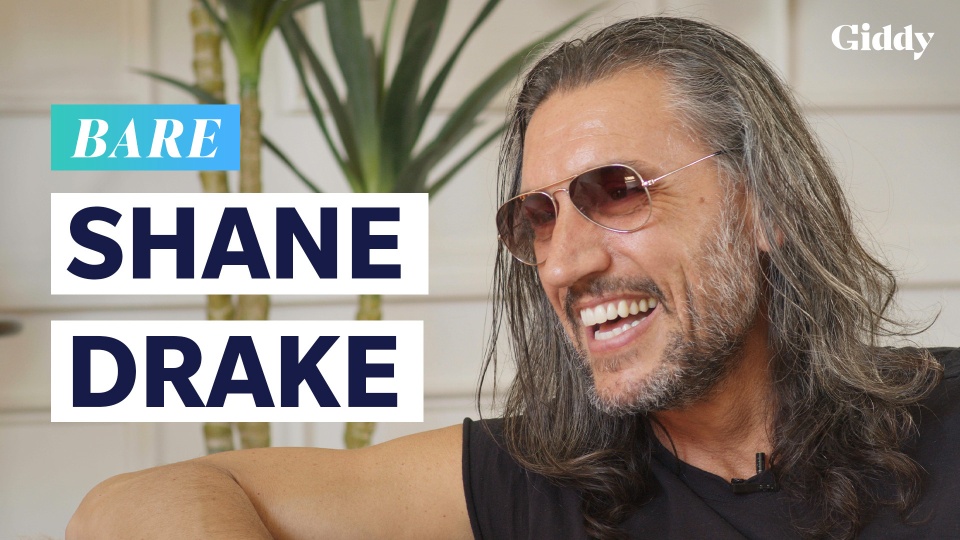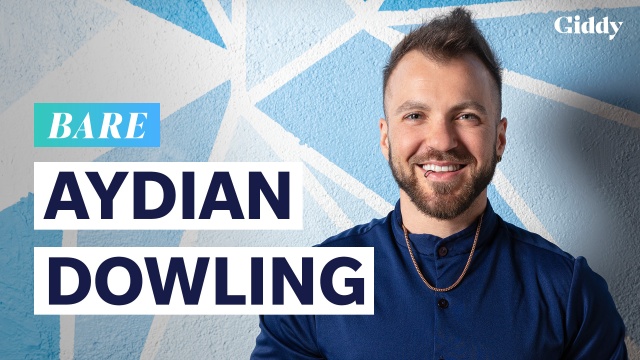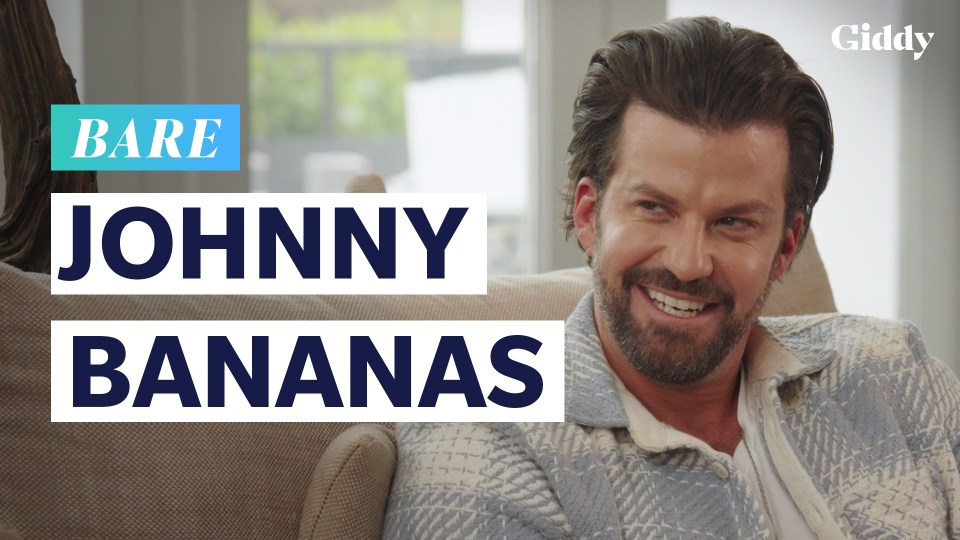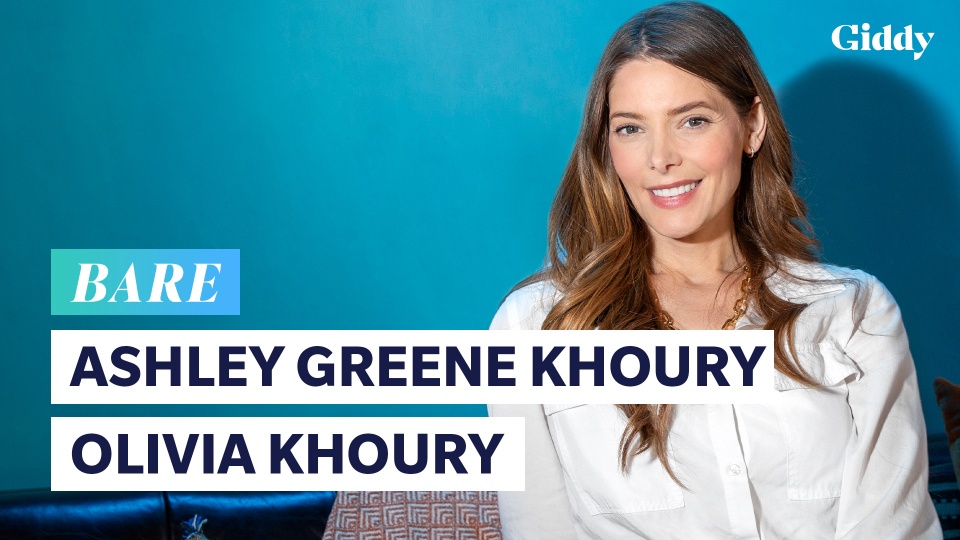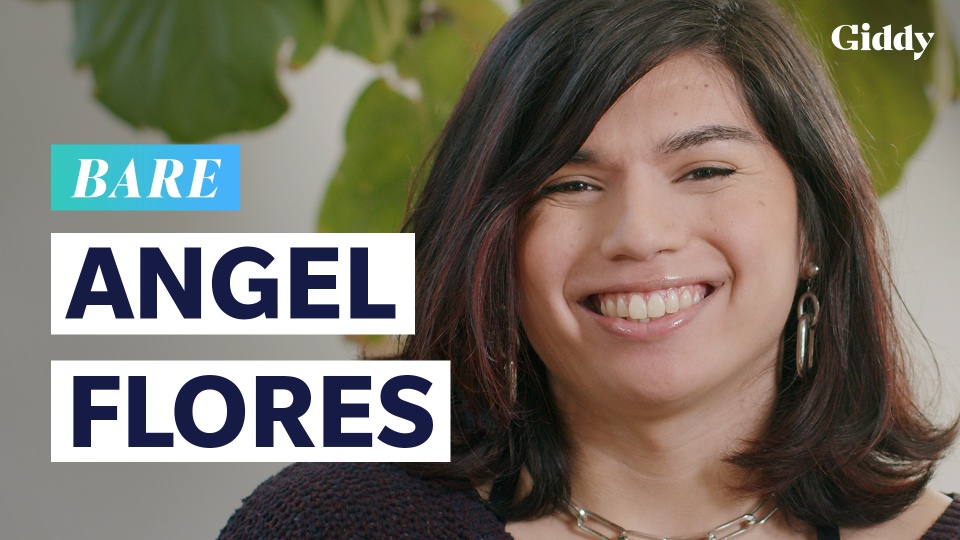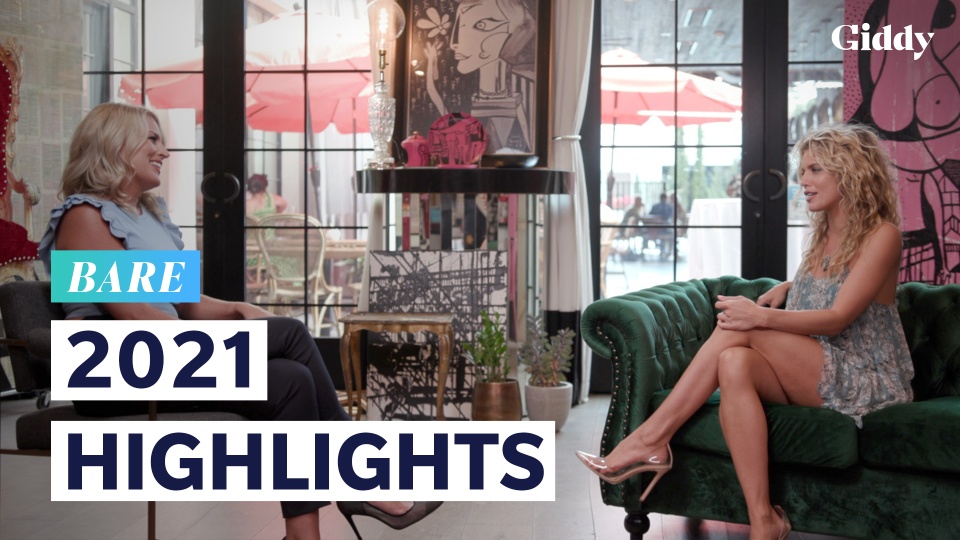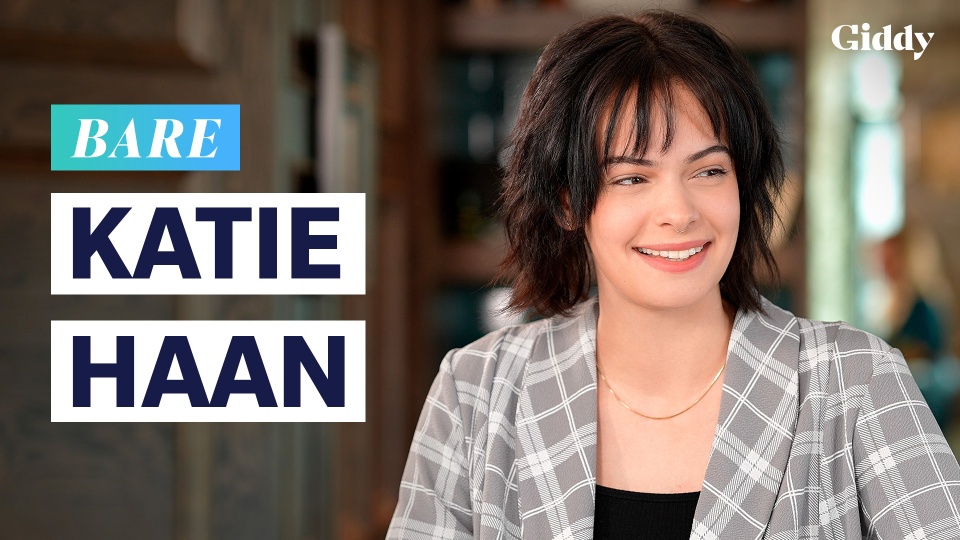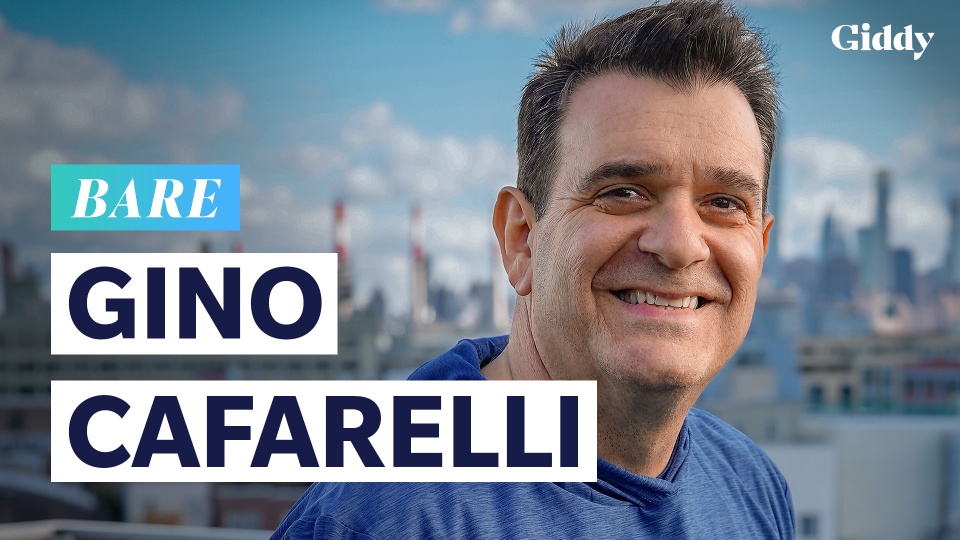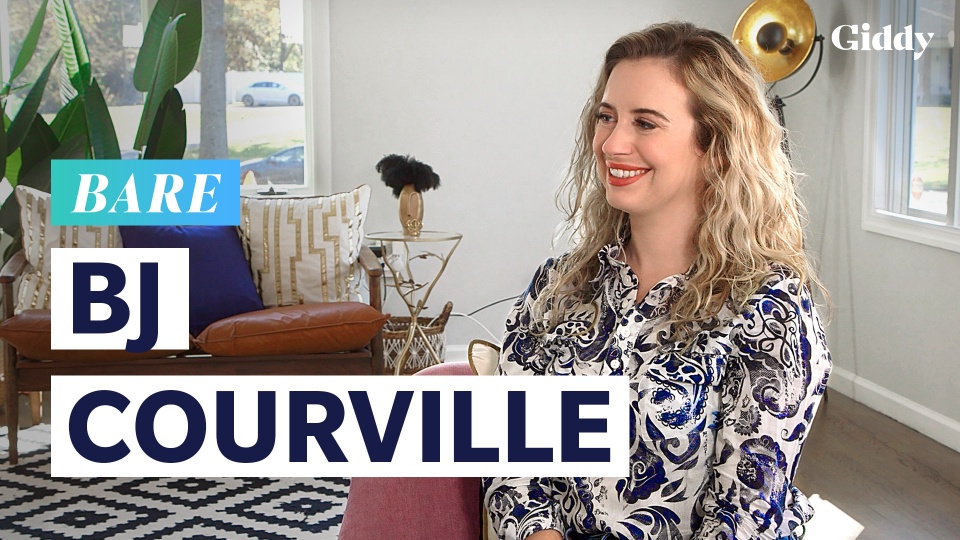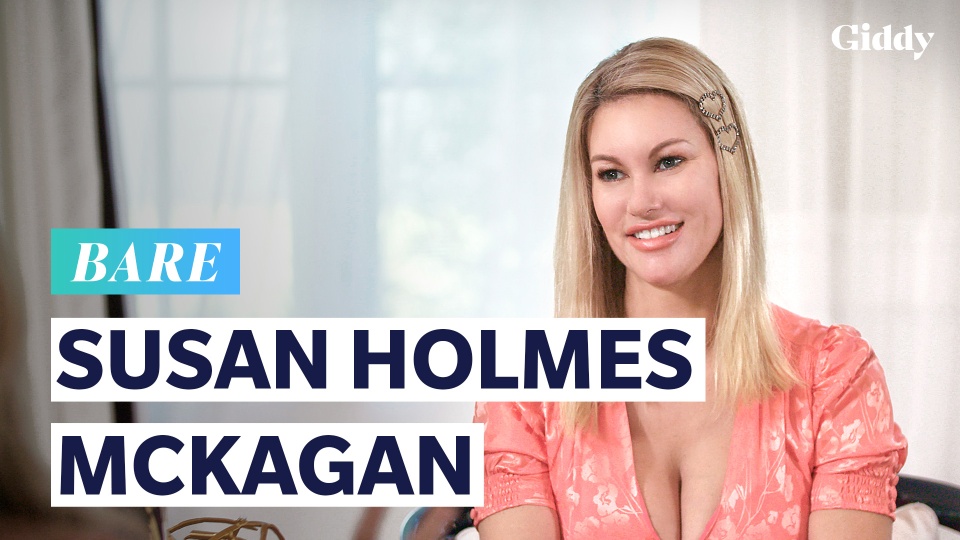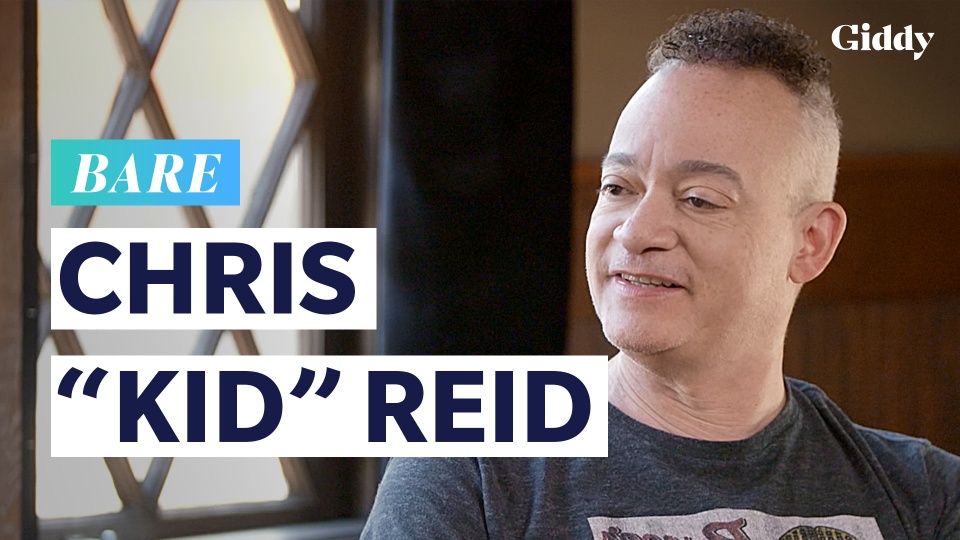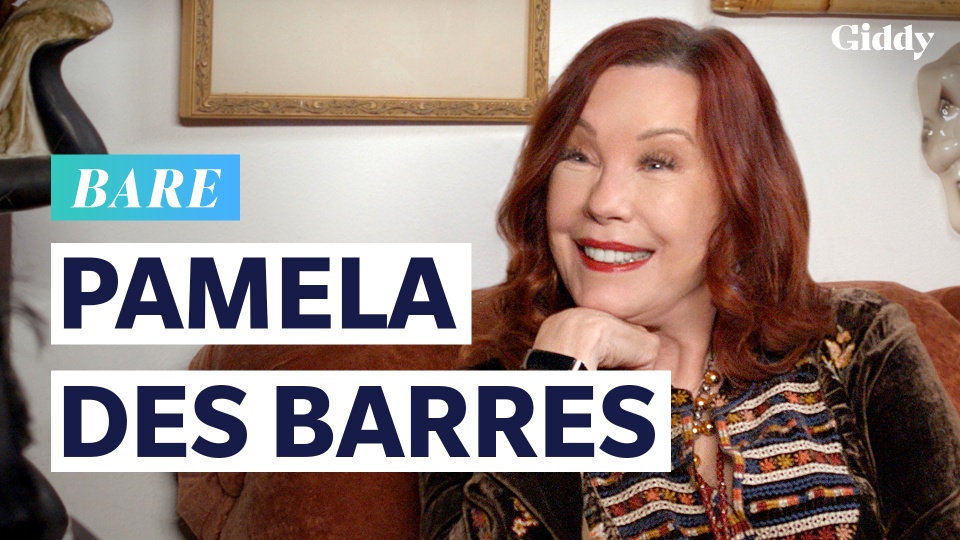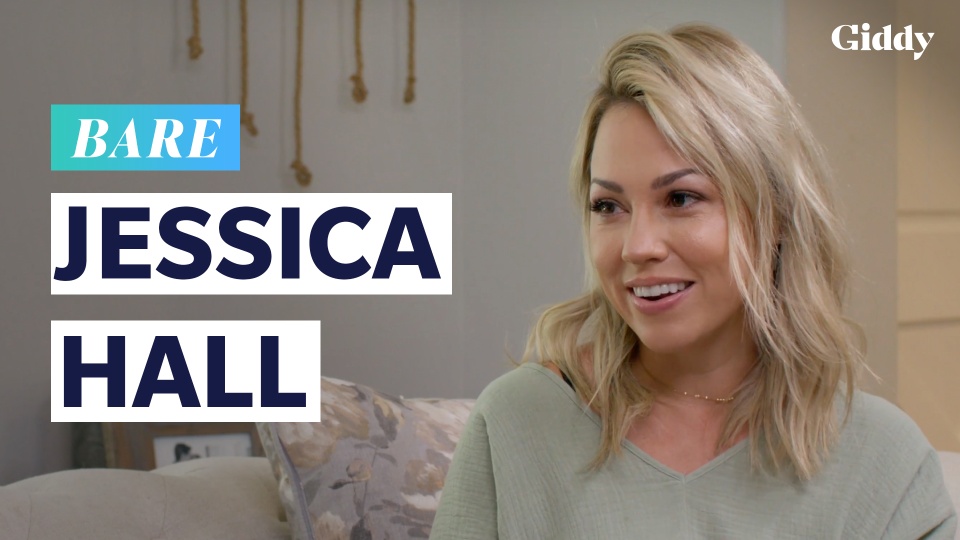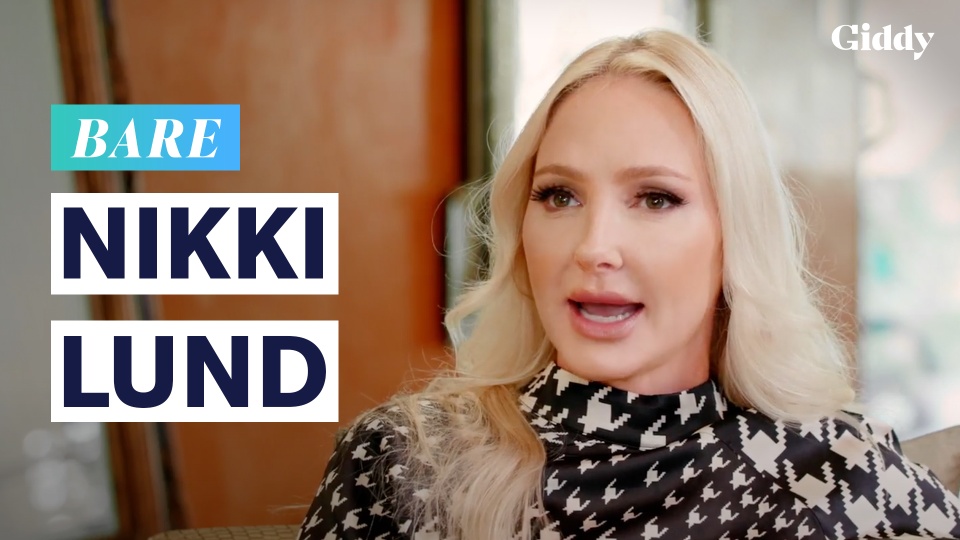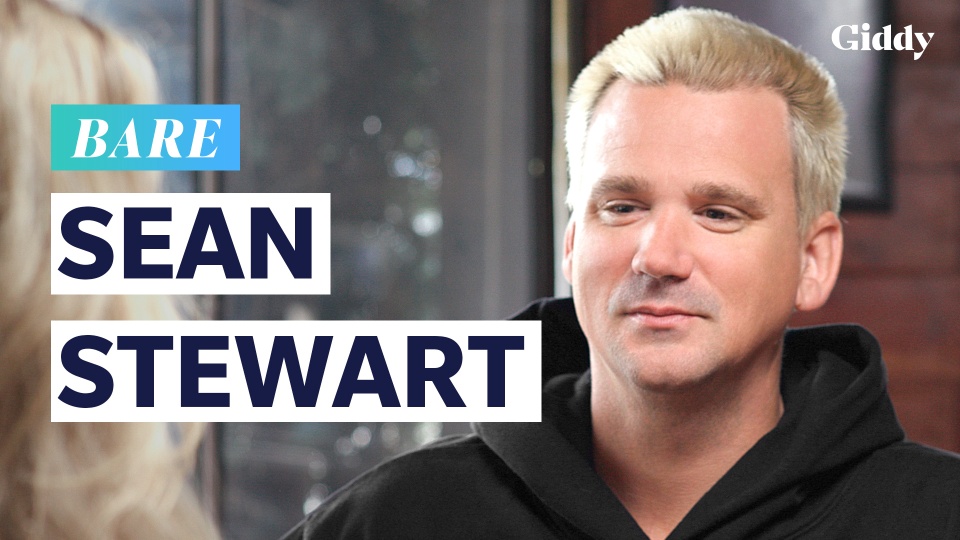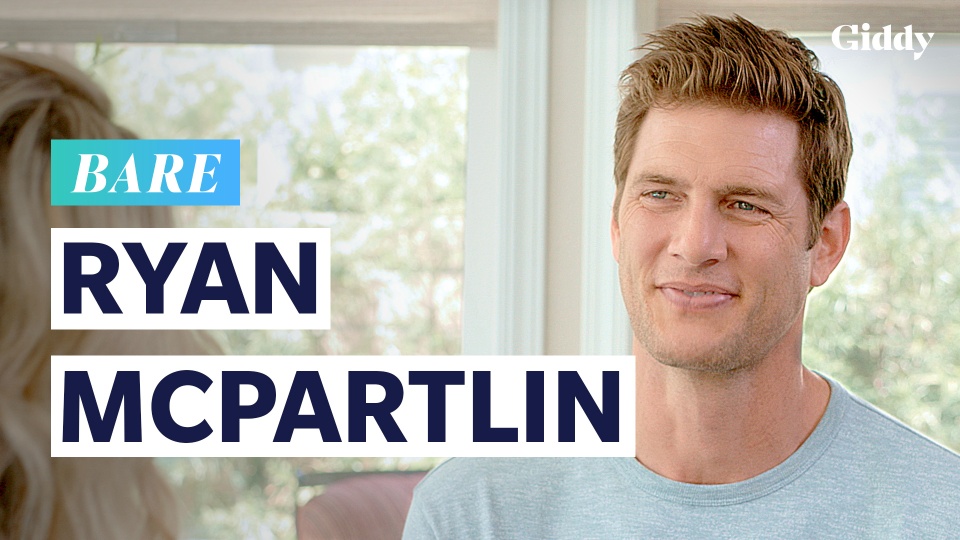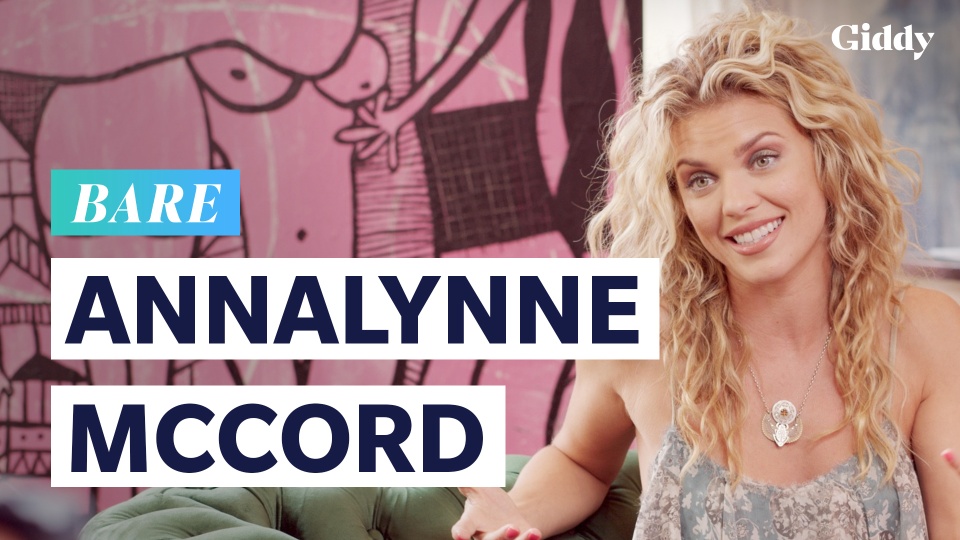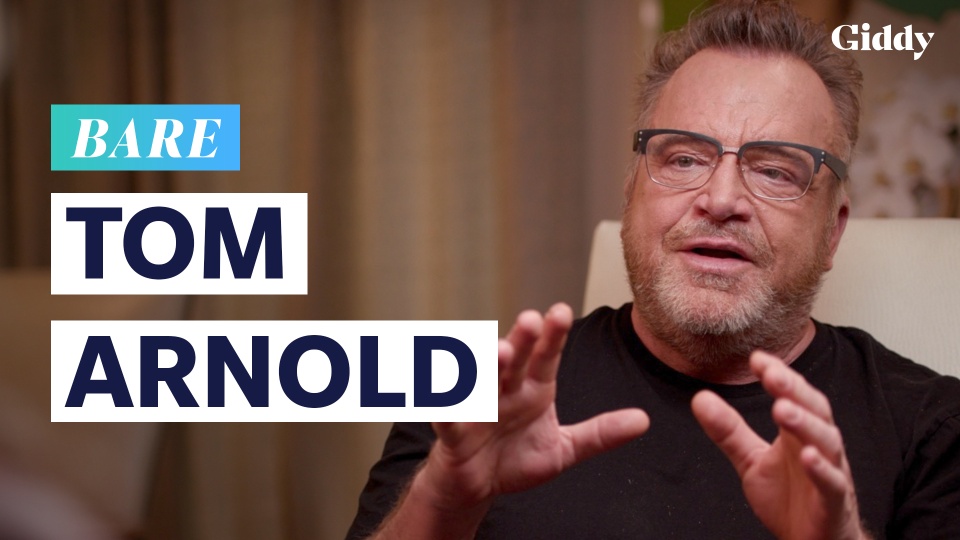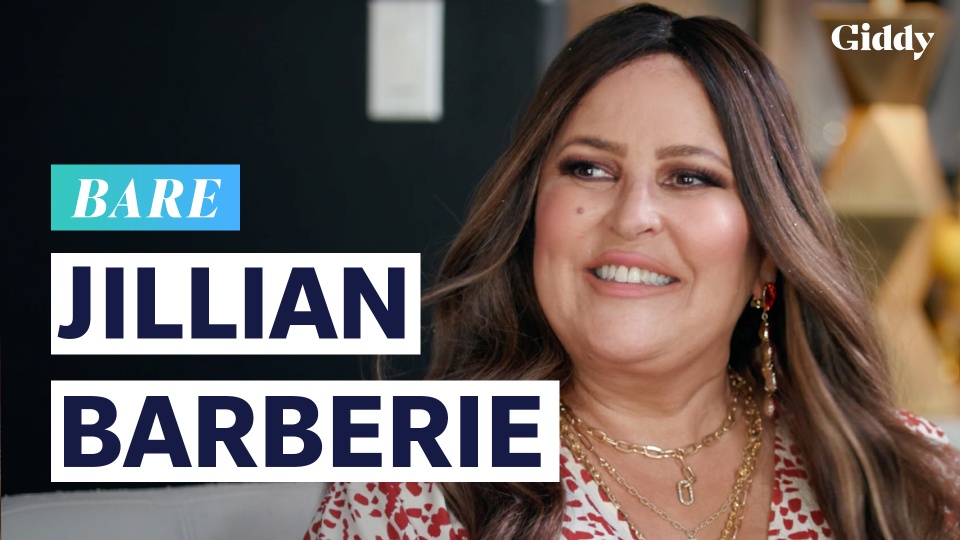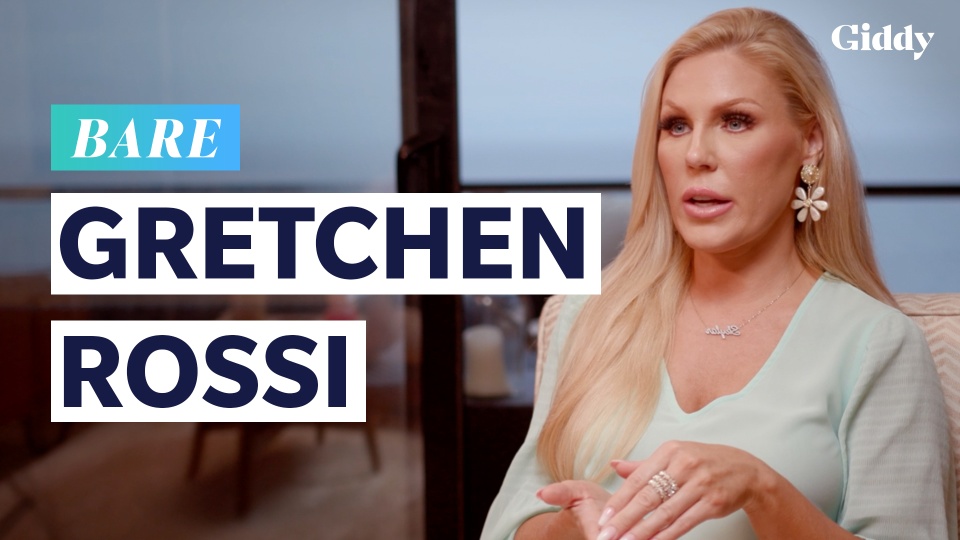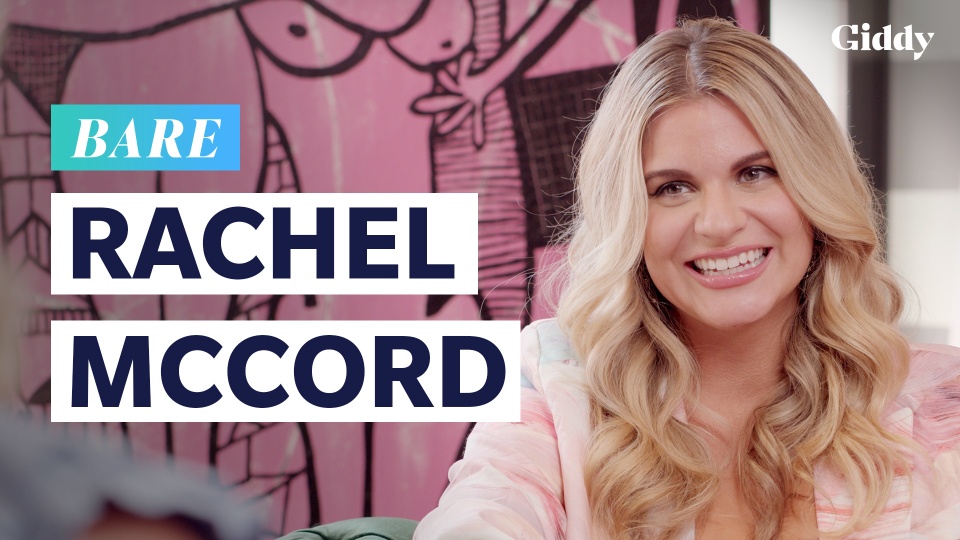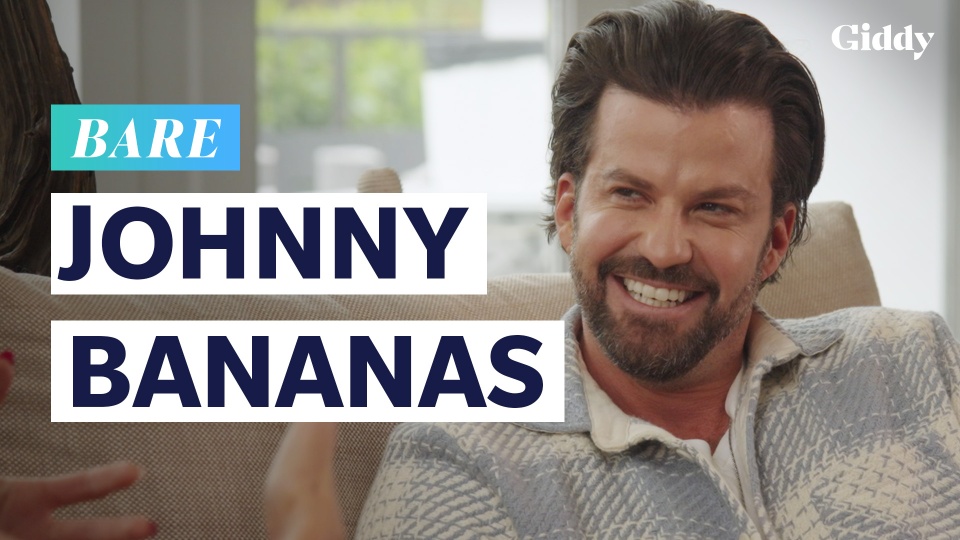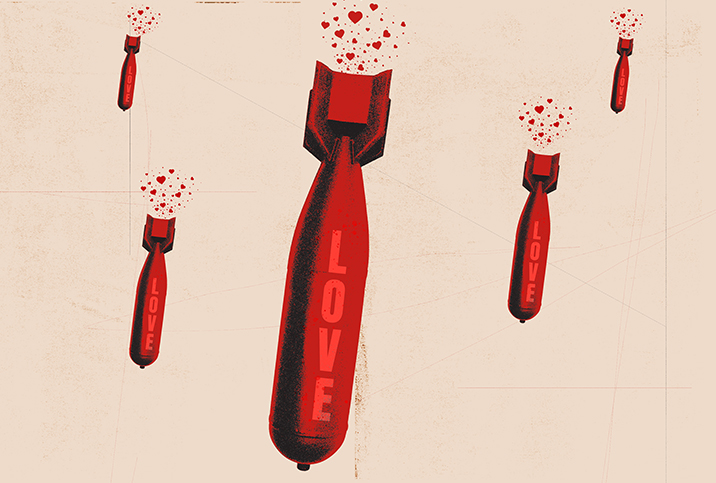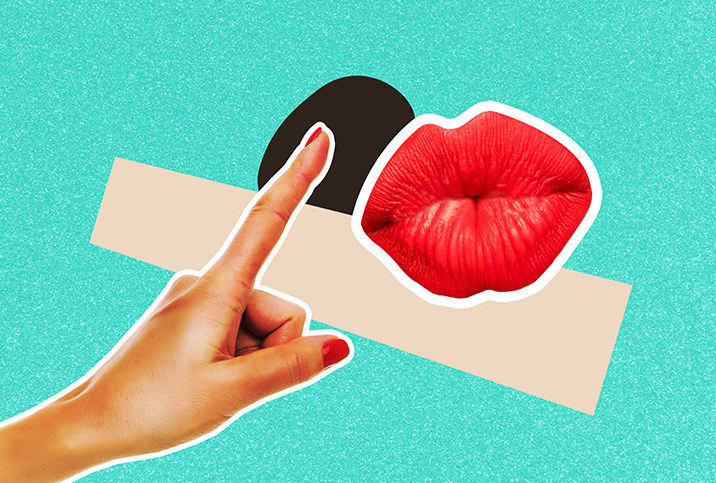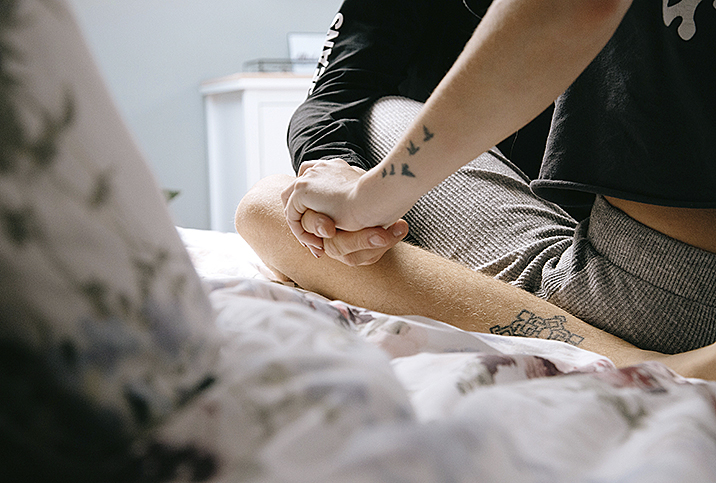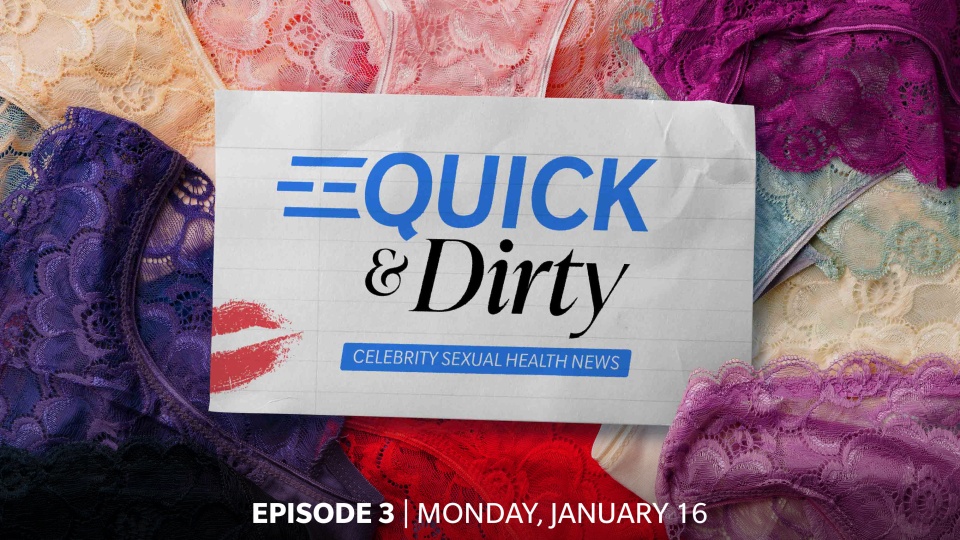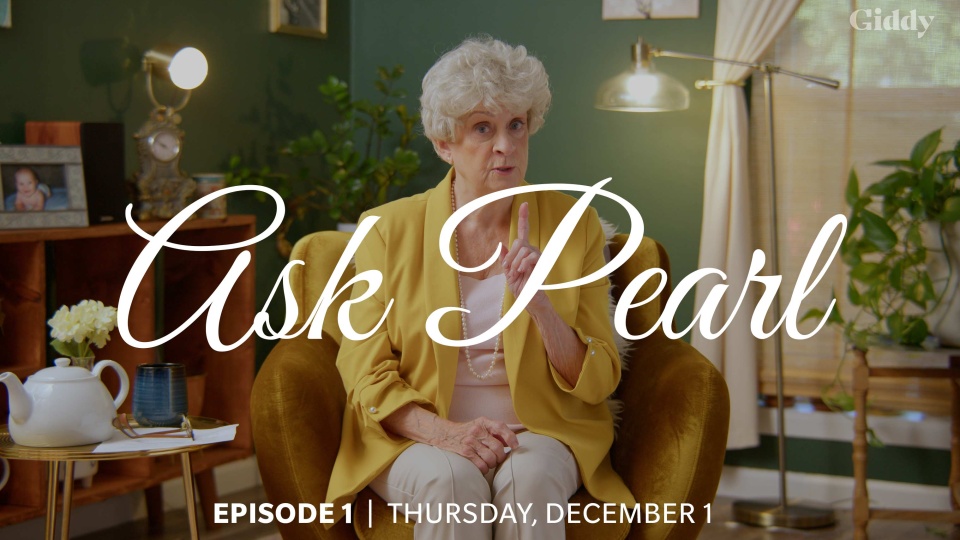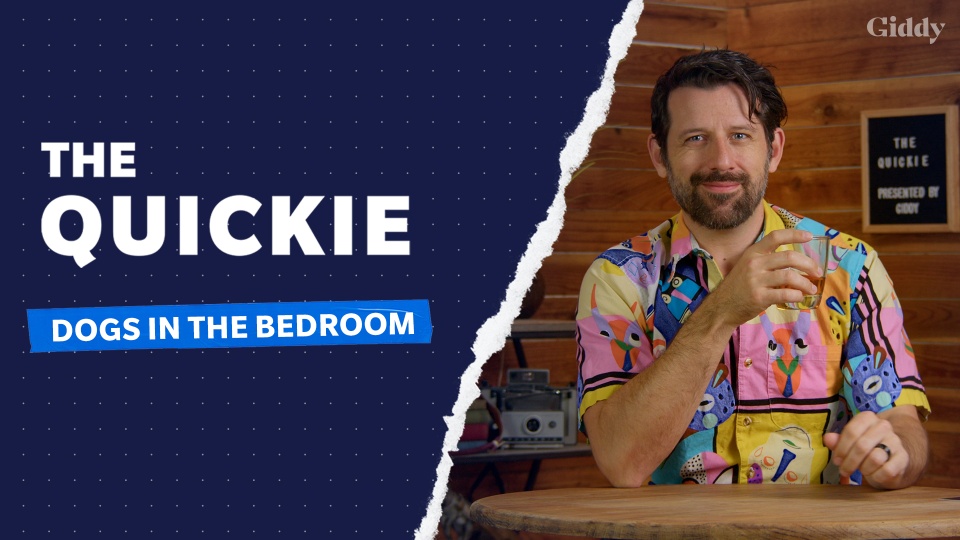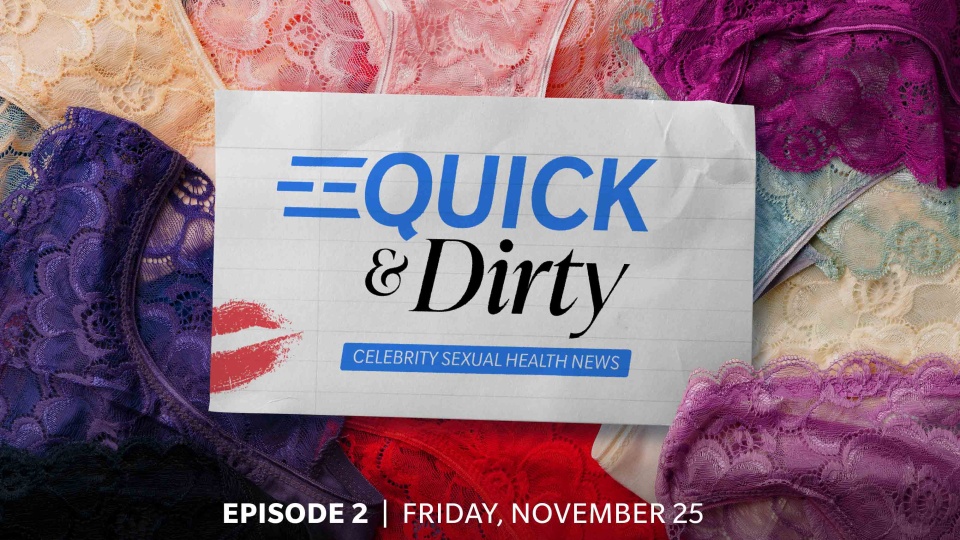Johnny Bananas on gaslighting in relationships
TV personality Johnny "Bananas" Devenanzio sits down with Giddy's Trisha Cummings to discuss his personal challenges in achieving intimacy, such as gaslighting partners, and the importance of mental health when it comes to delving into relationships.
More about this episode
A Conversation with Johnny Bananas
From gaslighting to personal growth. In this exclusive one-on-one conversation with Giddy's Trisha Cummings, reality star Johnny "Bananas" Devenanzio discusses overcoming the mental and physical toll of toxic relationships.
Devenanzio, known for MTV's "The Real World: Key West" and "The Challenge," admits to gaslighting his past partners to avoid accepting responsibility during difficult situations, even though he knew it was wrong. The reality star says through personal growth, he now understands that deflection and gaslighting are unhealthy forms of communication that will take a toll on a relationship.
Devenanzio believes honesty is a key component for couples, and hopes his advice will help people develop the foundation they need for a strong, healthy relationship.
Transcript
How do you believe mental health impacts people's relationships and intimacy?
I mean, that's a deep one. I think that relationships, in general, I think one of the most important aspects of a relationship—for a healthy relationship—is to be in a relationship where both parties are whole.
And I've said this in the past, I think a lot of times, any time there's an imbalance in a relationship, it's generally caused by one person either giving more or not giving as much as the other. Sometimes, people just aren't able to bring the full version of themself to the relationship.
And it's funny that I'm giving this advice. Because in my last few relationships, this is not how I've been. I'm a lot better at critiquing what other people are doing and at figuring out other people's issues than turning around the microscope and figuring out what I'm doing wrong. But I've been in enough long term relationships, where I've gotten to know not just the other person that I was dating, but myself very well, where I was the one that wasn't opening up and that wasn't giving it all.
So what tends to happen with that—and I saw it happening. This is the other thing. I think this is one of the detriments to me, I think, just by nature, being a very emotionally aware and in-tune person. I'm an empath, like I'm so sensitive, and I pick up so easily on vibrations and energy of people around me. And I could always sense, in my relationships, that uneasiness. And I could always sense that feeling of my significant other feeling like they were more invested and more involved and more into the relationship than I was.
And no matter how many times I told them that that wasn't the case, "No, I'm in this for the long haul. Yeah, this is it for me man. Like, we're going the—" I knew in the back, in my heart of hearts that that wasn't the case. It doesn't matter what I said. It doesn't matter how many times I reassured them that everything was OK. My actions didn't reflect that same sentiment. So—
It's like, it was almost like you were trying to reassure yourself too, as you were saying it. Like, knowing in the back of your mind that what you were saying was not true. But it's almost like, "Oh well, if I say it to them, then I can start to believe it for myself."
I wanted it to be true. But I think—here's the other, I think a lot of becoming, growing older, and I think a lot of—especially with relationships, I used to be the biggest—I invented gaslighting, OK. Not that I want—not something that I'm proud of, OK. I didn't—I was gaslighting before it even had a term. And it was like, no matter what was happening in the relationship, no matter how much I was fucking up or what I was doing, I always somehow blame them. And I always somehow made them feel like they're responsible for as bad as it was, even though I knew deep down that what I was saying was complete bullshit. But I didn't want to be held responsible.
And I didn't like that. And I didn't like how that made me feel. Even though I felt after, like, "OK, well, they think I'm—they think they're the ones that are at fault." No matter what I did. I could stay out late and not come home for two days. Or, get a text from like, whoever, or get caught red handed doing something. And somehow, I would always find a way to—
Make them apologize.
Not make them apologize, but make them feel like they somehow caused it.
Right, that's what I mean. Like, apologize for doing it.
"Yes, I did this. But I did this because of you. Whatever actions you were doing caused me to do this." And it was complete bullshit, man. And I knew that deep down. And that's why I've changed.
My most recent relationship that ended, I was hyper aware of that. And I didn't want that to be the case anymore. And I took—I actually almost went to the opposite extreme. And I started taking responsibility for things that weren't my fault. And I almost started taking more ownership for things, for the relationship being the way that it was, when in all honesty, no matter what relationship you're in, there's always a give and take. And it needs to be equitable. And you need to—there's always going to be a push and pull. And someone's always going to be doing more than the other one.
I think one of the biggest misconceptions—and this isn't just when it comes to relationships, this just comes in general—is this idea of balance. "I just got to find balance." You're never going to find balance. Balance is like the weather, dude. It's constantly changing. What you need to do, though, is just find a way to understand your partner, understand yourself, understand what you're doing that's going to throw them off, and what they're doing that's going to throw you off, and just be completely honest about it.
So what would it take to be in a healthy relationship in modern day times?
Don't date anyone who's ever done the challenge.
All right, that's one lesson you learned.
I think, OK, I think, for me—and this is the only way, this is the only thing that I can speak from experience because everybody is different. For me, because of the lifestyle that I lead, which is very chaotic. I lead a very high variance, unstable life. I love it. I can survive in it. I thrive in it. However, I feel like the person I eventually end up with needs to be a little more—have some grounding and be a little more stable. If you're dating someone that doesn't have any stability in their life and lives a chaotic life, it's really difficult when you do as well.
But that could take all shapes and forms. It doesn't necessarily just mean people in the entertainment industry. I mean, it could be somebody who's just, I don't know, who's a trust fund kid, or like whatever, who just doesn't have a job, or just doesn't have any stability in their life. It's like, I don't know man. I think being grounded, and I think being able to have at least part of your life, and at least being able to have that aspect of your life, where you're able to stay grounded and you—that's what, for me at least, that's what keeps me from completely flying off.
Because the show, again, going back to the show that I do, it's like, I've done 20 seasons of one of the most insane social mental experiments out there. And every season, kids will come on. And the new kids will be like, "How have you done this? You've done this 20 times? How have you not gone crazy?" And it's like, "Well, I've had to accept the fact that I am crazy. I'm just a different sort of crazy."
But I think what's enabled me to do it is the fact that once it's over, once we're done filming, I disconnect. I unplug from this world. And I go home. And I have my friends. I have my family. I have my home. I've got my place that I can decompress. And I can distance myself from all that. Because when you're in that constantly—if you never have a break from that, it's very difficult to see that there's a different world out there. And it's not as crazy as it is all the time.






